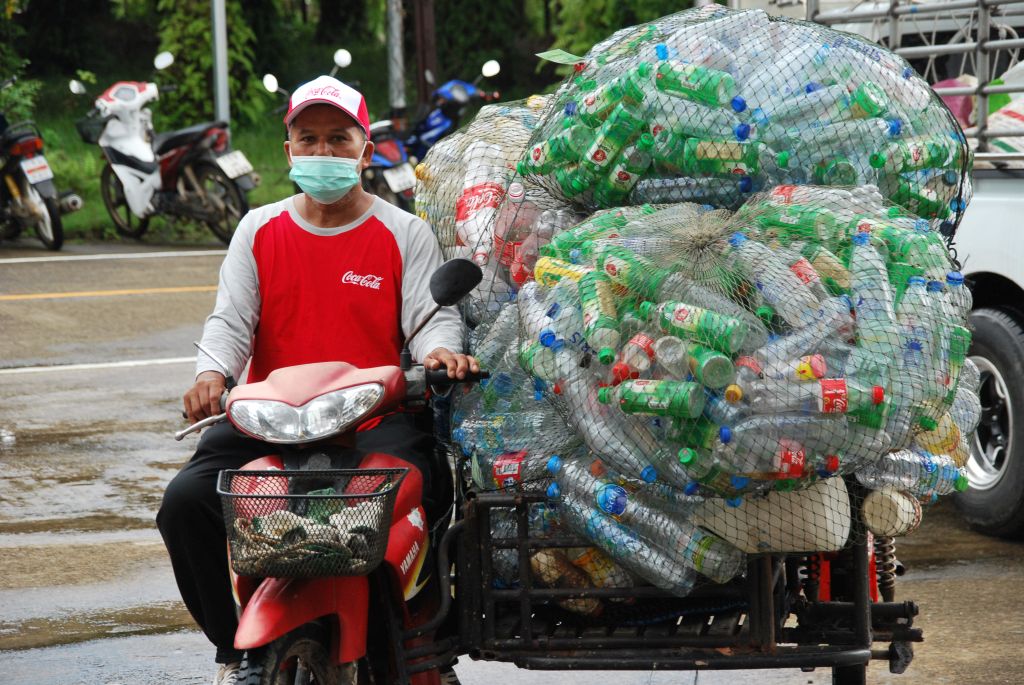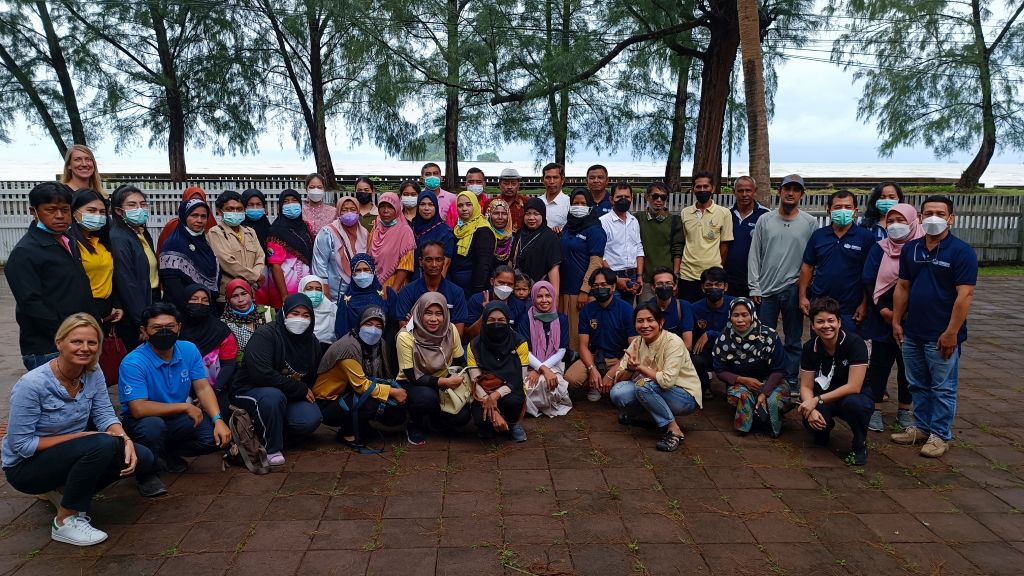Enhancing circular economy model in Trang Province, Thailand
Through the EU-GIZ and IUCN “Rethinking Plastic” partnership project, significant strides have been made in enhancing the circular economy model at the local level and improving municipal waste management practices and policies.
The video below provides a summary of the efforts made by local people, the private sector, civil society, and local authorities in the Koh Libong Sub-district, Kantang District, Trang Province, Thailand. It highlights the project's achievements, lessons learned, and the areas impacted in the eight targeted island-based communities since the project's inception in February 2021 through October 2022.
The achievements include:
-
Promoting multi-stakeholder engagement in improving municipal waste management and plastic waste management policies in the target areas. This has been achieved by developing action plans at the community level, management plans, and policies at the sub-district level, and enhancing collaboration with private sectors and other government agencies.
-
Developing a circular economy model locally, ensuring sustainable management of plastic and other recyclable materials, and demonstrating these practices at the municipal level.
-
Establishing a Sub-district Waste Management Committee and officially announcing a community agreement on waste management as a code of conduct in the area.
From November 2021 to September 2022, small recycling business owners in Koh Libong collected 228,172 Kg of recyclable materials. This collection comprised 48% plastic, 24% metal, 18% glass bottles, and 10% cardboard and fishing nets. This initiative not only generated income for recyclers but also contributed to healthier marine resources and a cleaner community environment.


